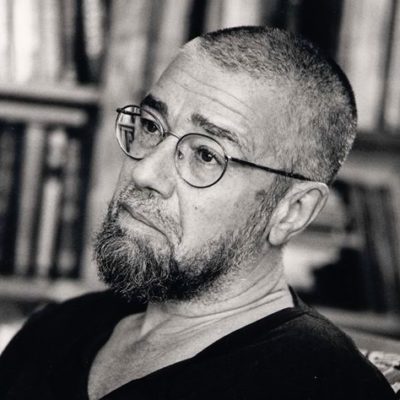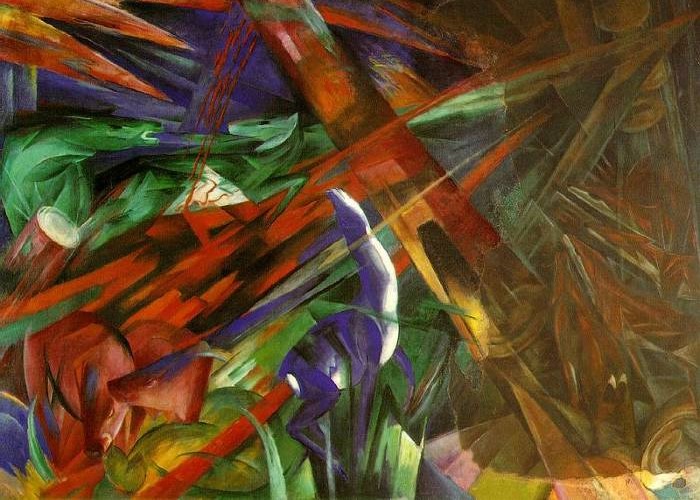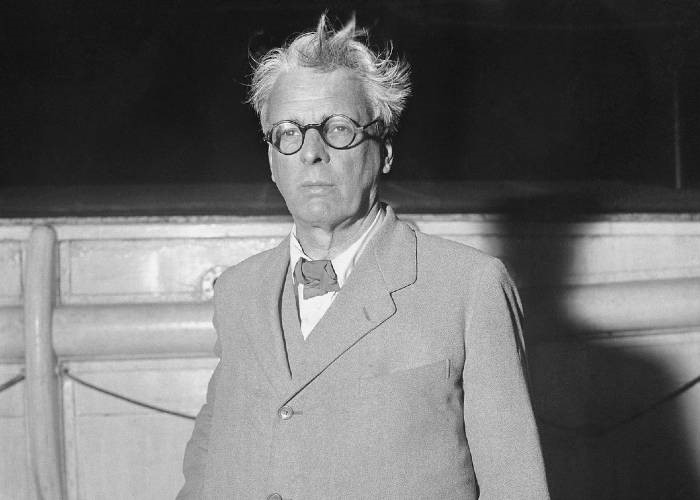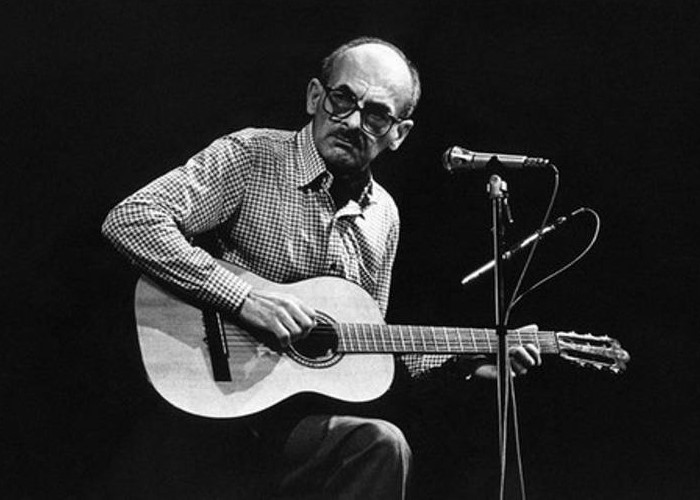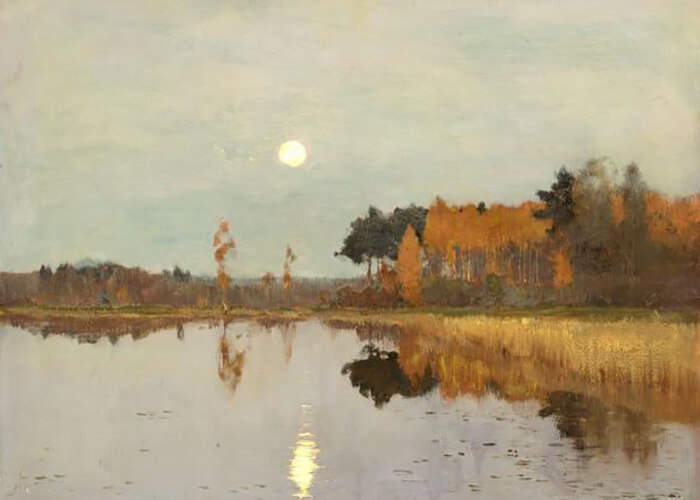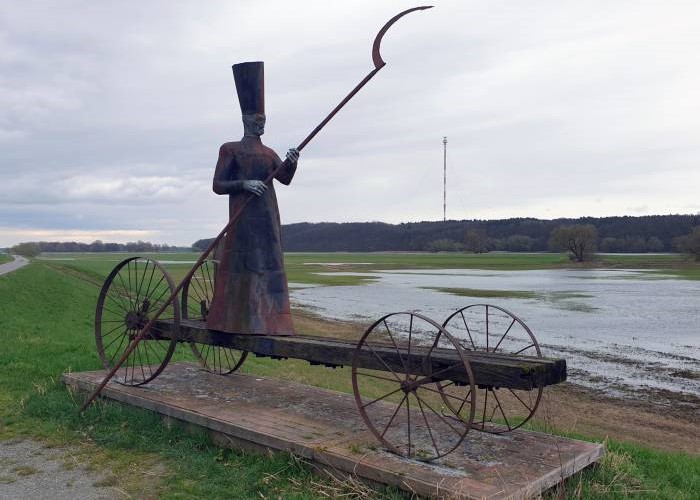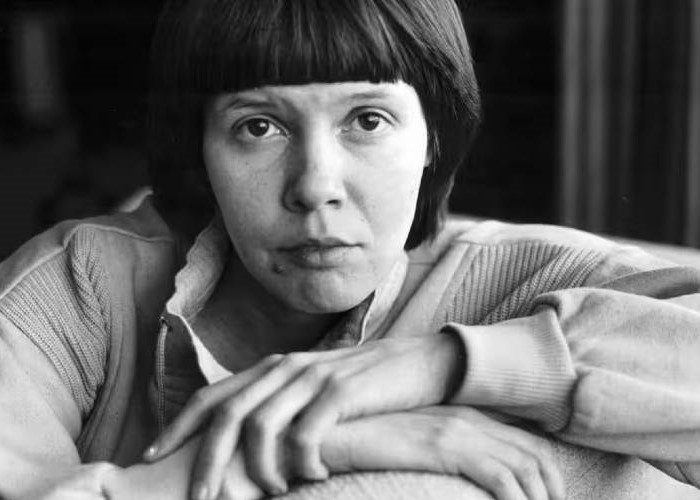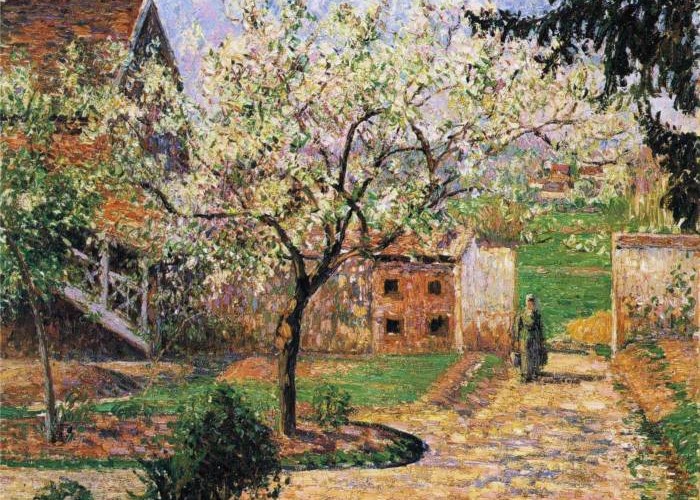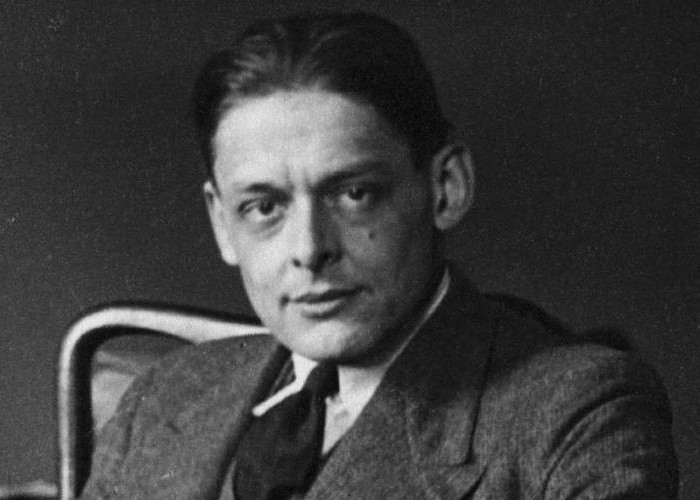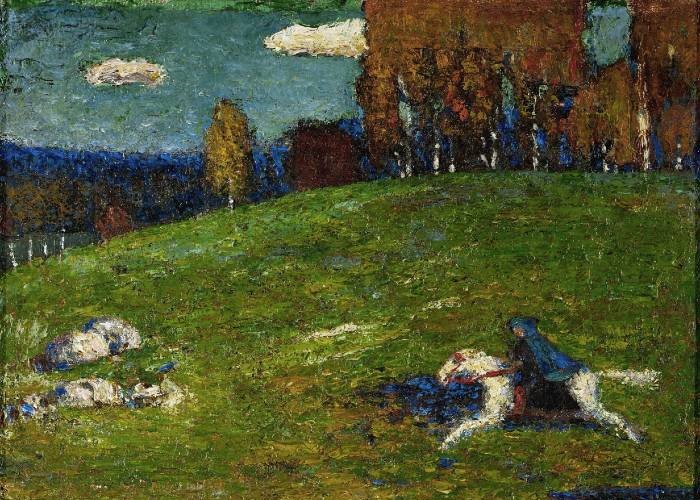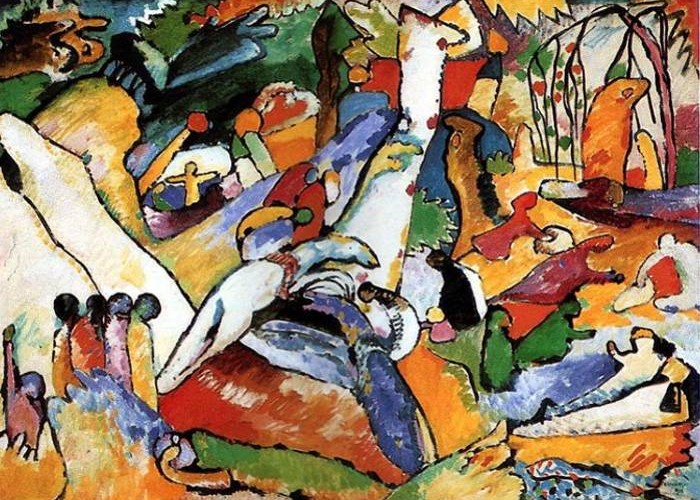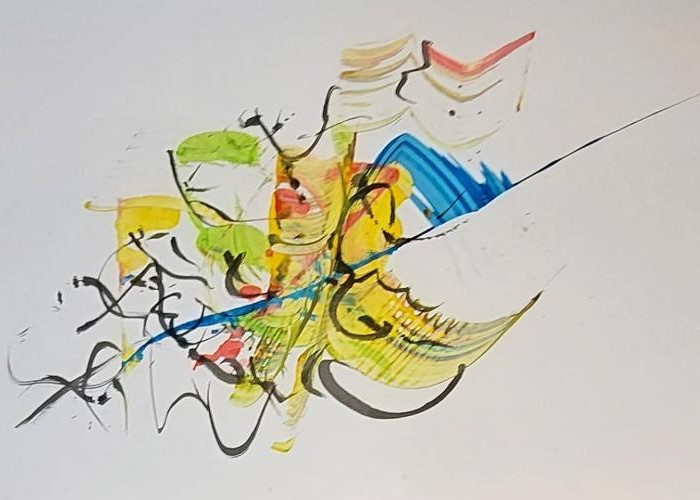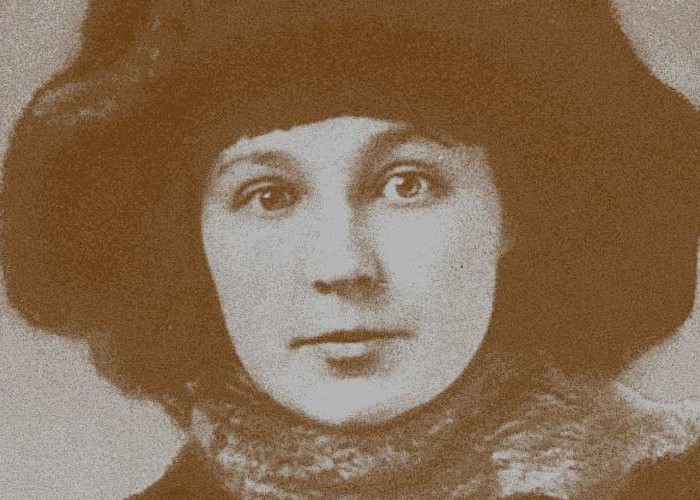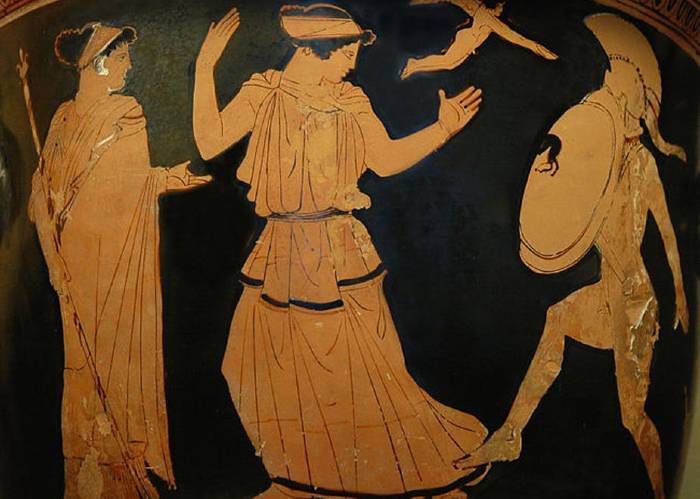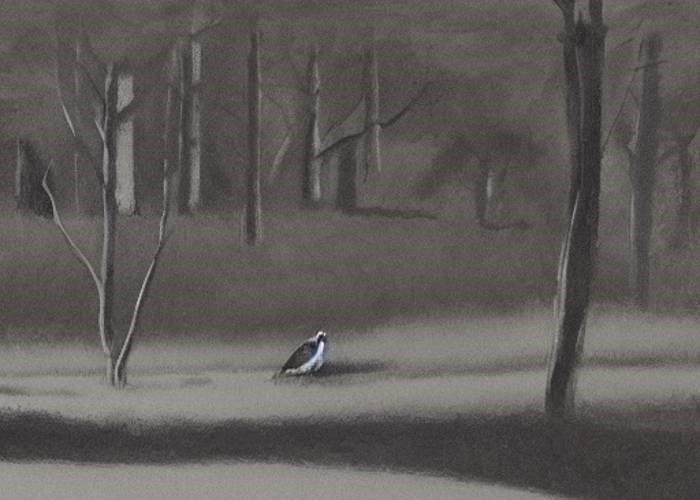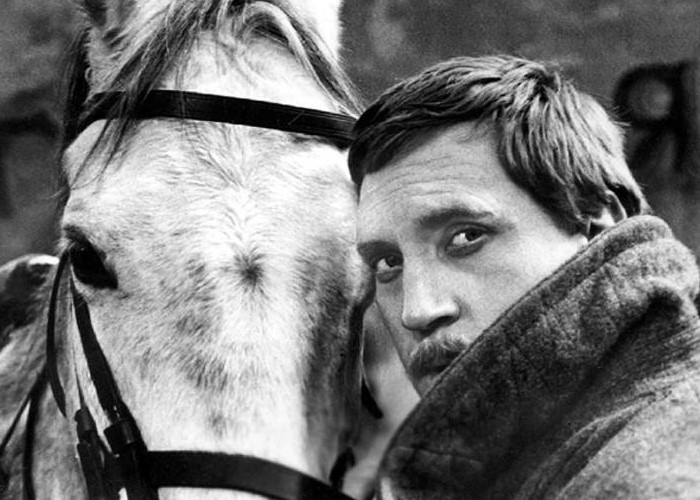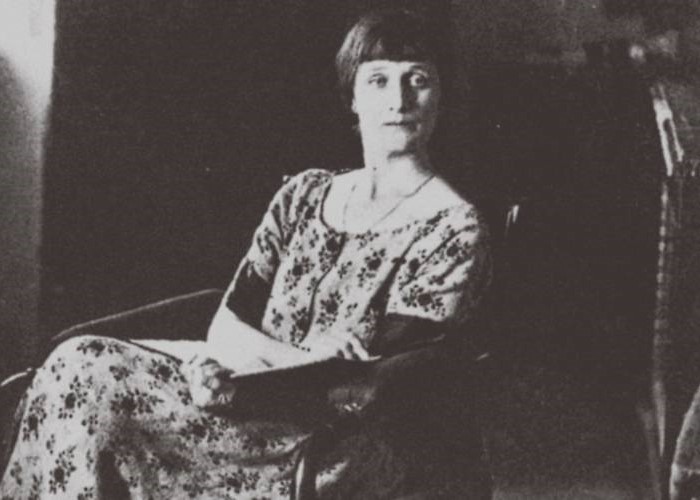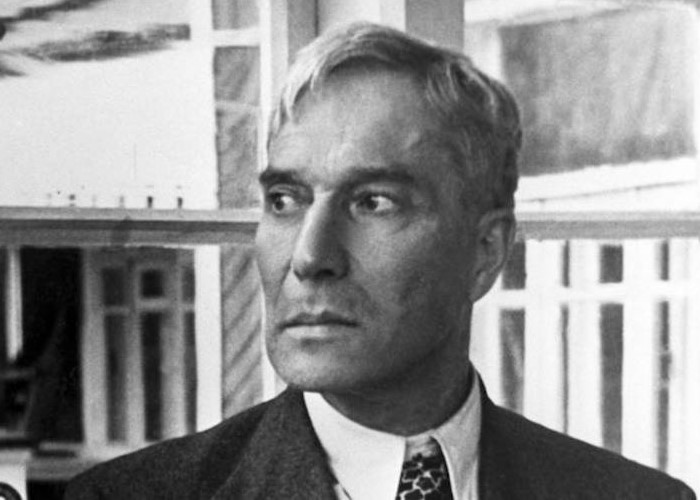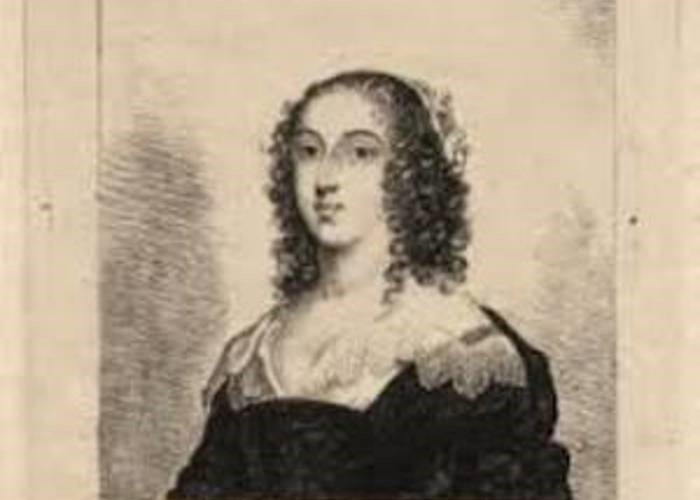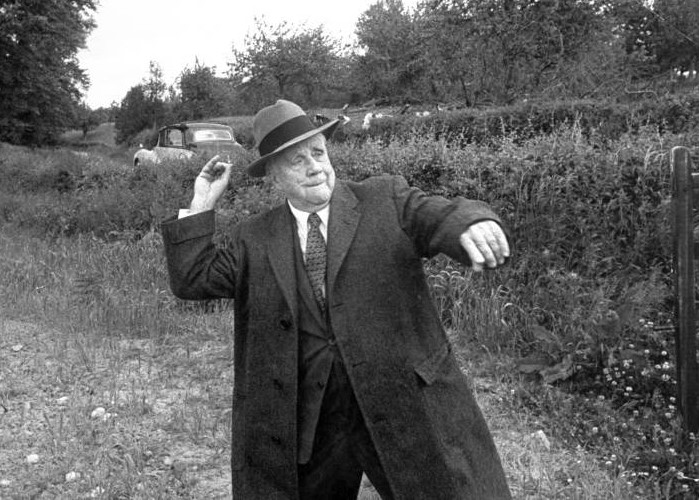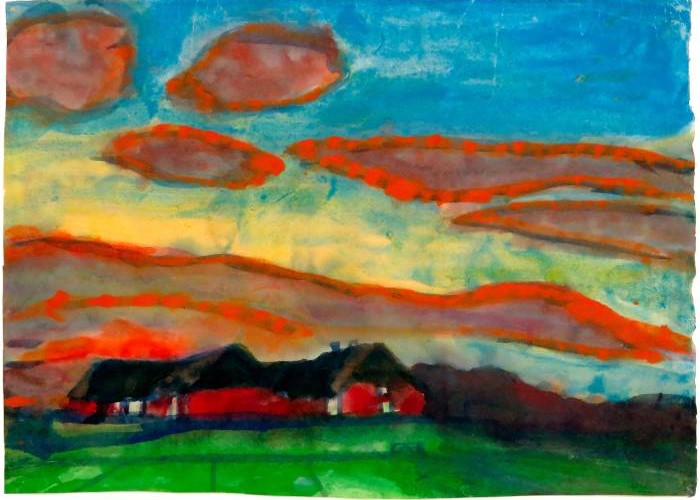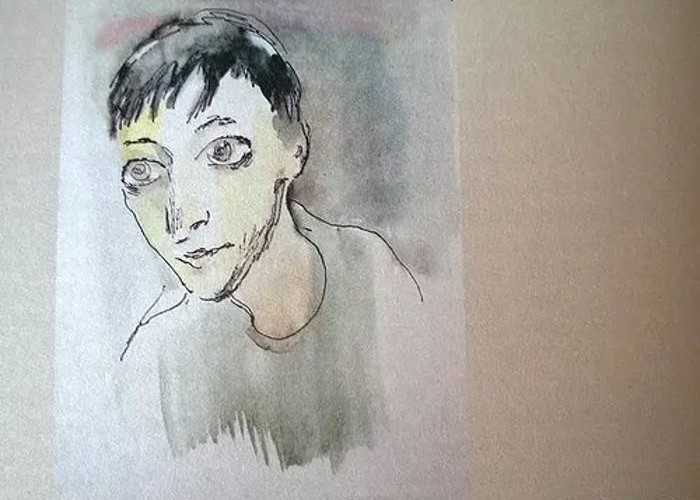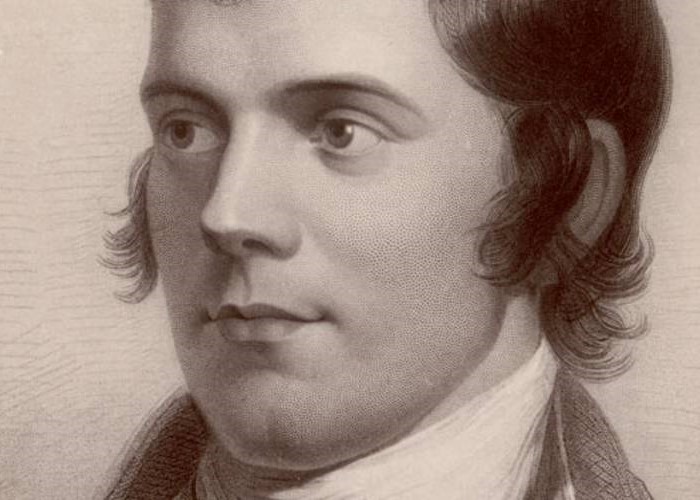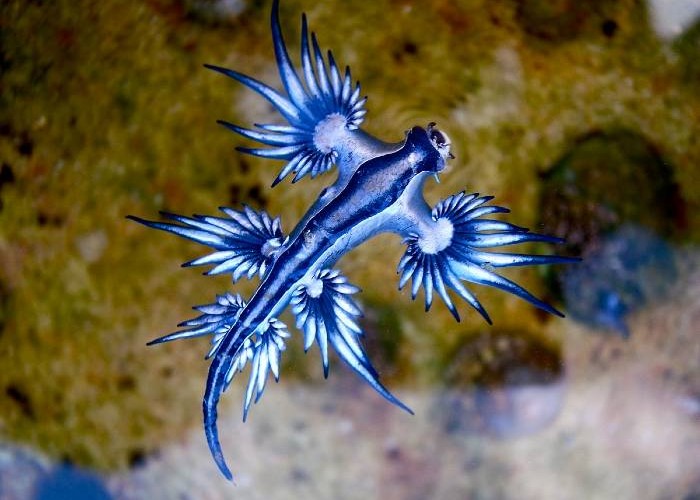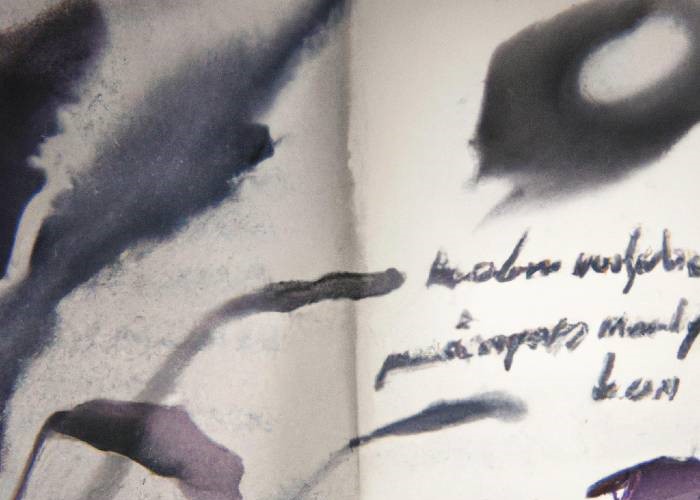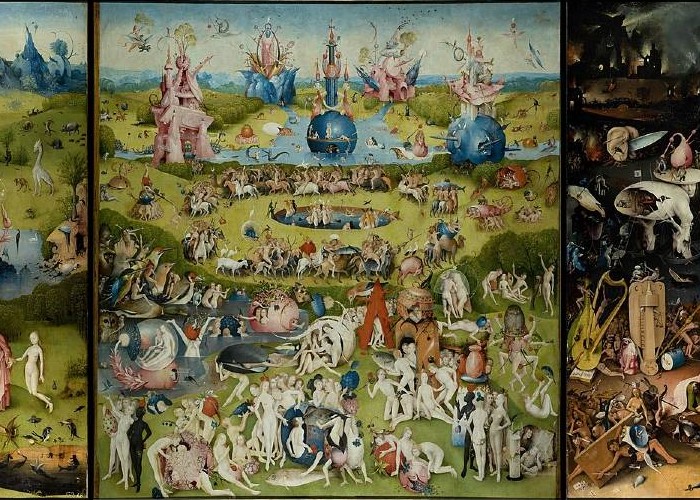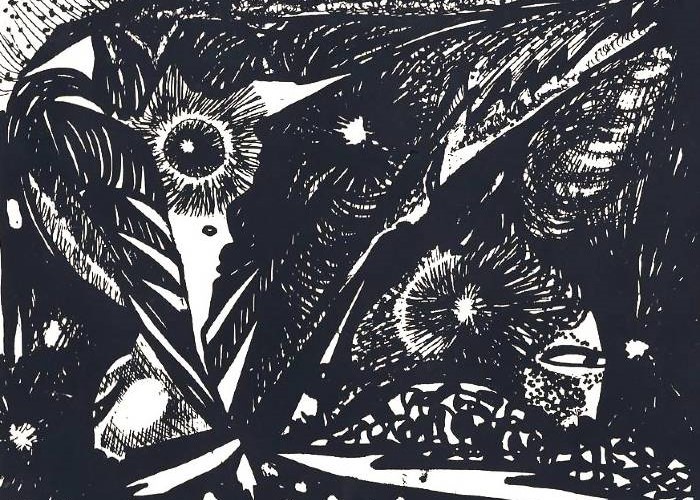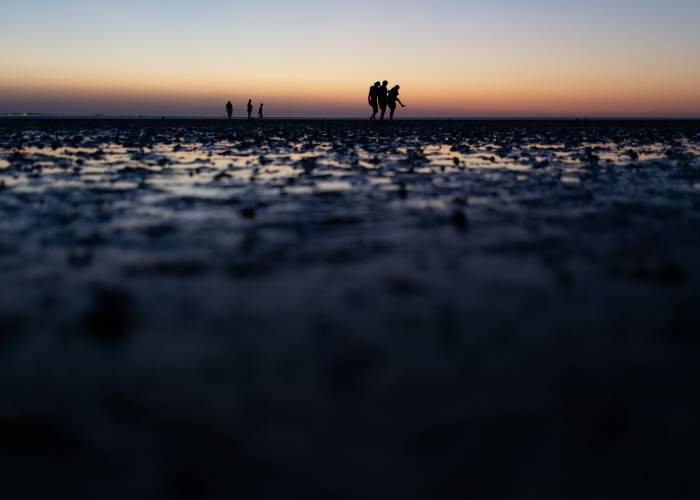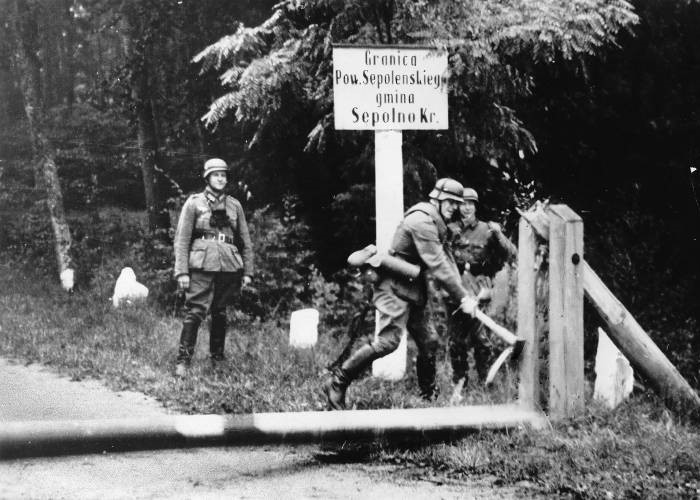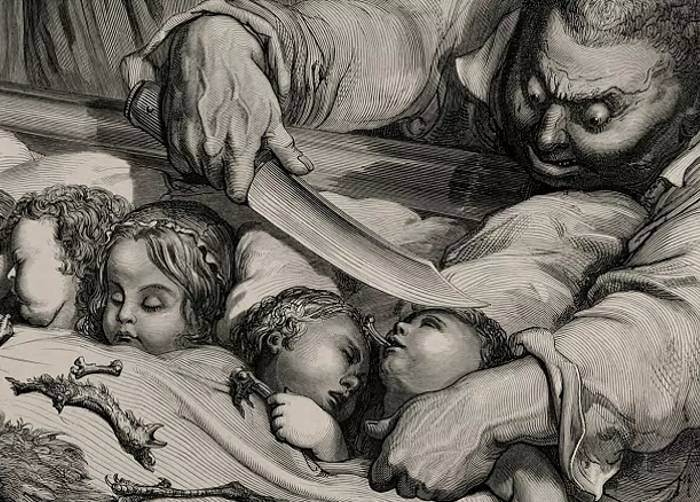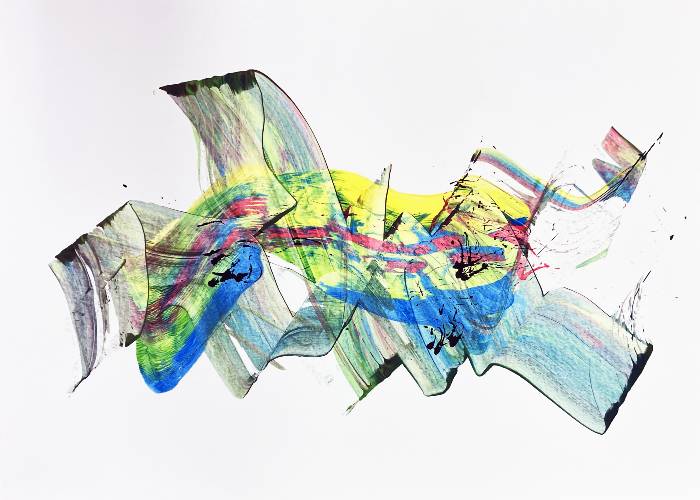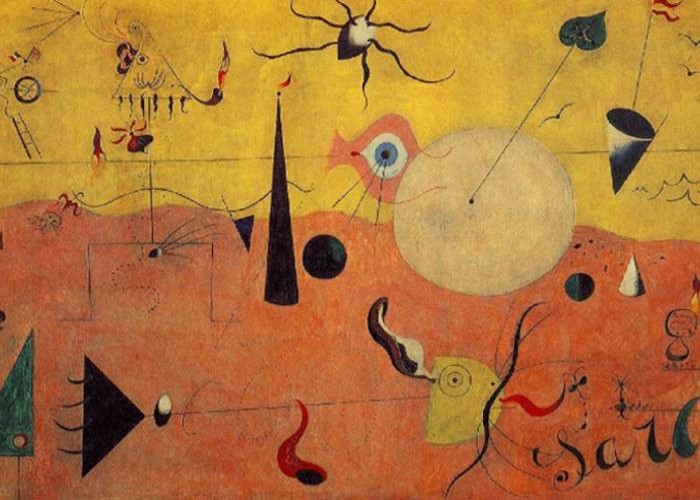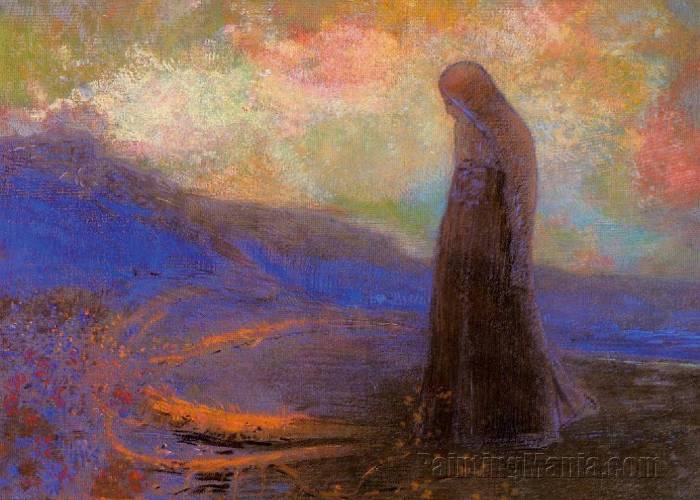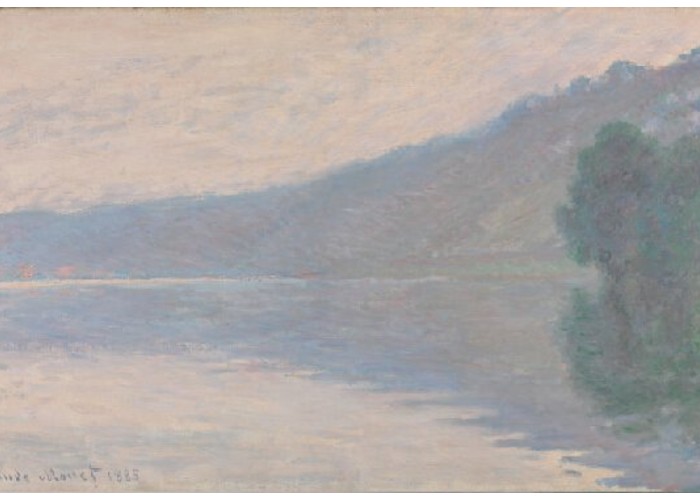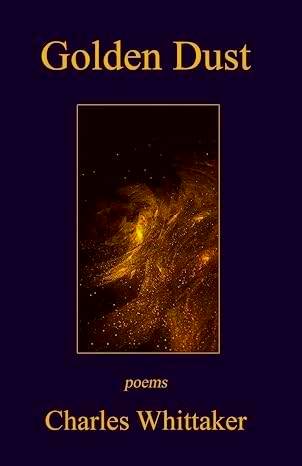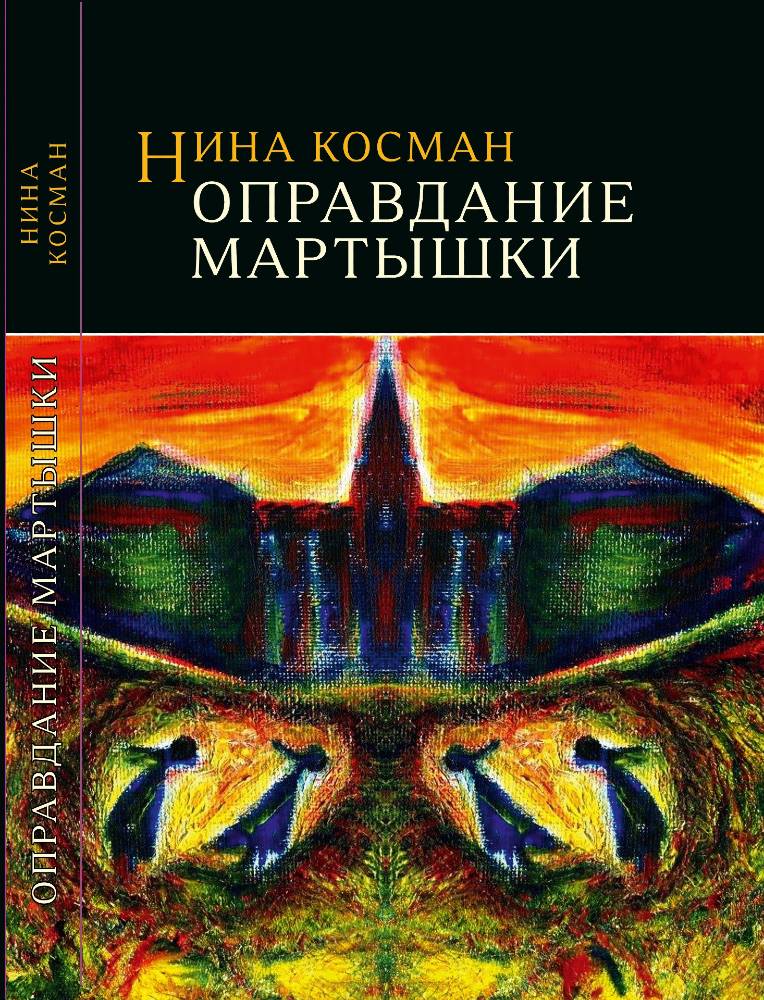1.
All will be found. Chilled by the arduous labor,
one outgrows the frustration at life’s lack of sense,
after years of frenzy and daze. There will be a home
under a pine-covered hill on the Zhizdra or Oka river.
A flock of migrating cranes will converge to the South,
and the falling snow will crowd in Brownian motion.
And the splendor of my surround will be multiplied
by my cognizance thereof before a long parting.
All will happen as midnight in May and sedge by the reach
of a stream, and a jasmine branch touched lightly in passing
cools my forehead. The taste of black tears will be forgotten.
All will be found, all except for a consolation,
a justification. A moment will finally come,
when the question, that has lain dormant, rears its head:
it is time to leave here for good. But where does one go?
A different kind of music dishevels my hair.
And the intrinsic deceit of my craft, now habitual,
can be likened only to asthma in its stifling force.
This is when you appear without a knock
in the walled-off space of my last abode. I greet you
and recognize you. The magic wand of your will
has led me so far, like the hand of a puppeteer,
from the limits of hustle-and-bustle into the land
of silence. But today it’s my turn to break free.
Love you I did. By the magic wand of your will
on the marked notebook sheets, lit ever so dimly
the unending gibberish of my barbaric life
has acquired the neat simplicity of a well-groomed park.
A bench glistens under the paroxysmal rain.
In the wet green of cottonwood nestlings flap their wings.
Why do you cry, oh, insouciant muse of mine,
long-legged girl in rough-cut inexpensive garments?
Do not squeeze my heart in your palm and forgive
the lingering soreness after a short-time friendship.
A seashell holds an entire ocean imprisoned
but the cranial box is too small for the space around me.
2.
The first snow of the season, it fell in slo-mo,
covering the Sokolniki neighborhood,
as the youth, coming home from an afterschool practice,
observed through the thick of his spectacles.
Once a week, caving in to parental persuasion,
he developed a flare for science,
which, combined with a healthy lifestyle,
was to take the edge off his puberty.
The street came into view like a photograph;
file of hospital buildings and shacks,
it seemed to convey an important something:
light above, so to speak, dark below.
And the ancient linden-trees glistened
with such unattainable beauty.
Nowadays a celebrity district,
it was a run-down outskirt back then.
And the youth, he was a quite dreamer:
fame plus leisure, plus love and so forth.
“Say, I were to become a writer,” He mused.
Now he’s got what he wanted.
3.
Farewell to youth, my very own Falstaff,
I board a streetcar.
All part of evolution, I once was
a loafer, but have since become a loner.
And yet this April
with its alcohol-free drip
hits me like booze.
Maybe, it’s time to build a birdhouse,
direct my efforts at a worthy target.
Or, maybe, time to do some target-shooting.
In other words, there is no consolation.
Translated from Russian by Alexander Stessin
